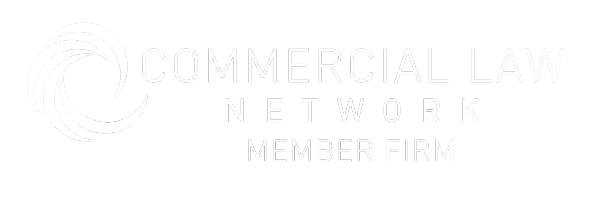Whistleblowing is the term used when an employee notifies either a third party or the employer of wrongdoing within the workplace. The disclosure must be in the interest of the public. Once a disclosure of this nature has been made the employee becomes protected from dismissal or any other unfair treatment. The employer should do the best they can to minimize the risks of becoming subject of a claim. An employer should consider the following ways to reduce the risks that come with whistleblowing:
Provide training to managers
When an employee feels the need to pass on information of another employee’s wrongdoing in the workplace, they will often go to a member of management. It is then up to a member of management to deal with the wrongdoing and provide appropriate punishment. Although it is often how a manager deals with or responds to whistleblowing that leads to problems or risks occurring within the workplace. Therefore, the first thing that you should do to reduce the risk of whistleblowing is provide managers with training on how to deal with whistleblowing correctly. Managers need whistleblower-specific training on a regular basis to ensure that they respond appropriately to complaints and prevent risks from occurring.
Implement whistleblower protection policies
As an employer it is good practice to create an open and safe working environment where employees feel comfortable to speak up. A great way to do this and prevent problems from occurring is to implement whistleblower protection policies. By setting out clear policies and procedures within the workplace for dealing with whistleblowing, you will demonstrate that you are welcome to information being brought to the attention of management. In order to ensure that all of your employees are aware of the whistleblower protection policies, you should include them in your employee handbook.
Conduct focus groups and surveys
Another method that can be used to reduce the risks that can occur from whistleblowing is by conducting focus groups and surveys. By carrying out focus groups and surveys within your workplace you will start to understand your employee beliefs about whistleblowing and attendant retaliation risks. Within the survey and focus groups you should create questions that will expose whether an employee would bypass internal compliance channels or whether they would not complain at all and why so. When conducting a focus group, it is important to remember that the group should be diverse in order to receive fair and accurate results. Therefore, the group should contain employees of different ages, genders, races, responsibility, and length of time at the business.
Reward good faith whistle-blower’s
In order to reduce the risks that follow whistleblowing, you should consider rewarding whistle-blower’s either financially through a bonus or otherwise. A letter of commendation from an executive to the whistle blower’s personnel file is a good option, as well as employee recognition and praise.
Get in touch
If you have been affected by the risks following whistleblowing or are experiencing whistleblowing within your workplace, get in touch with MM Legal today. A member of our team will be able to provide you with the advice and guidance that you need to best deal with this matter.


